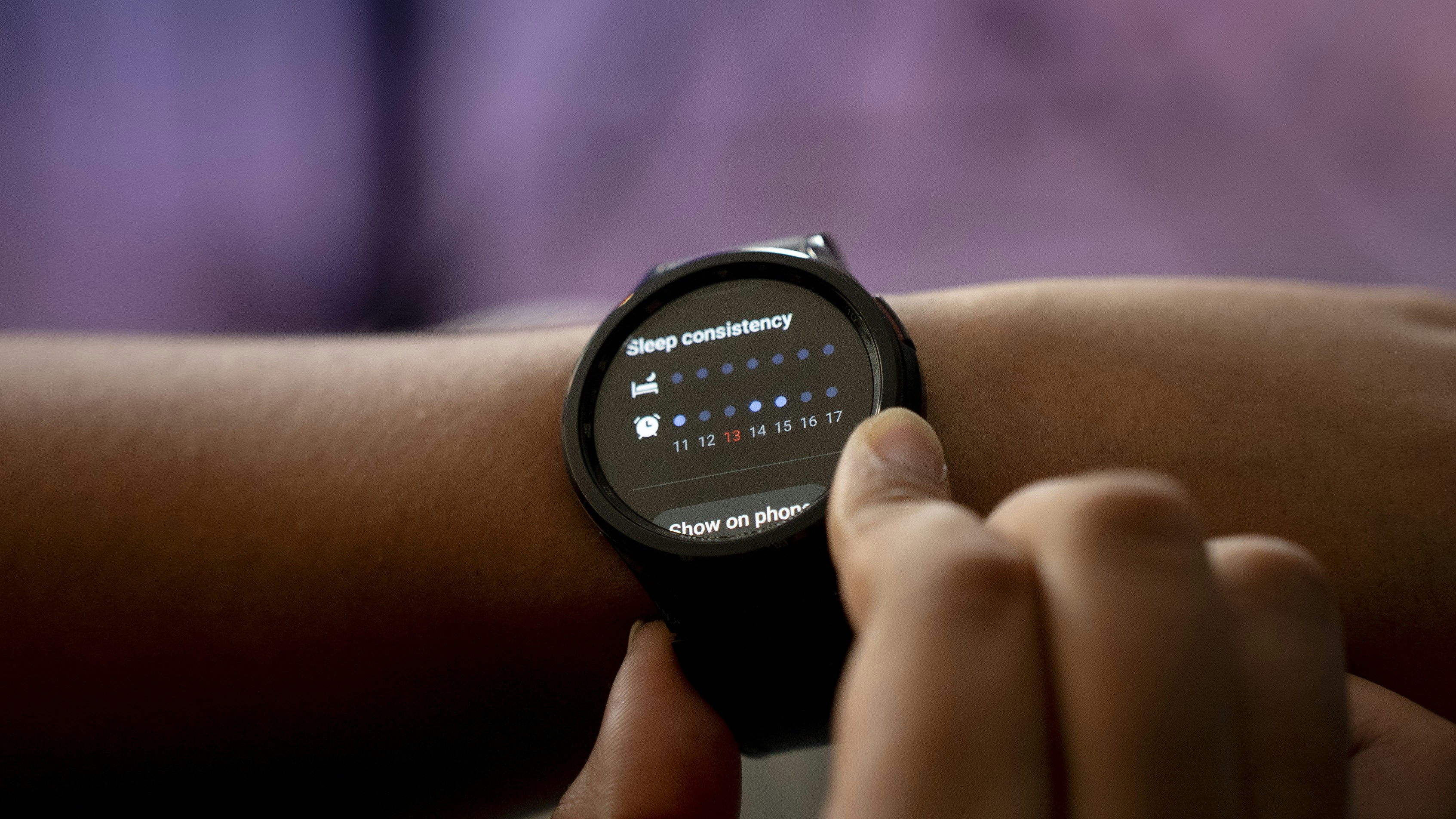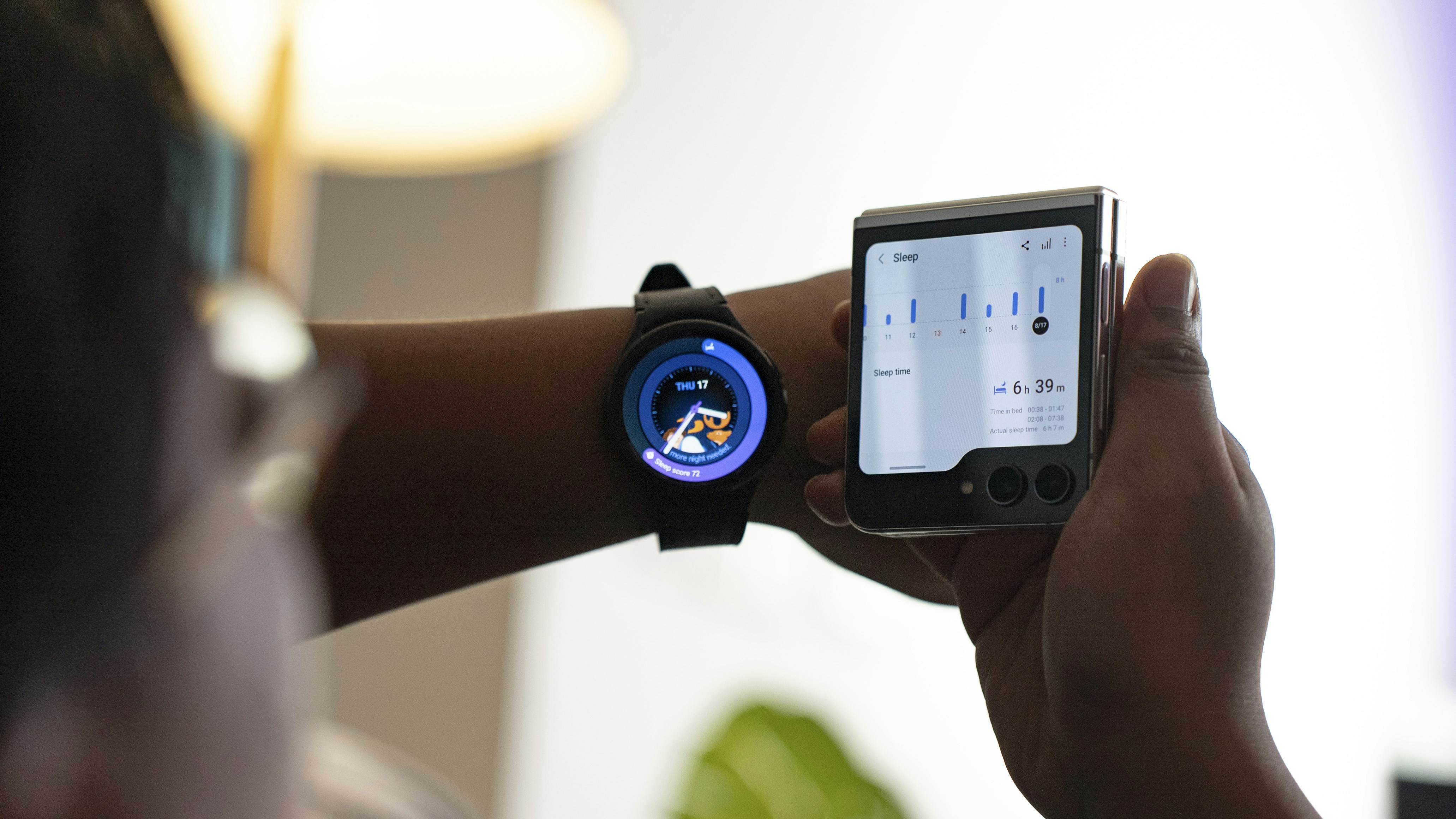Explore Our Powerful Magic Spells
Choose a spell that suits your needs and experience real results today!
Introduction to Sleep Syncing
In recent years, the concept of sleep syncing has gained traction as a popular health hack, attracting attention from both researchers and social media enthusiasts. Essentially, sleep syncing refers to the practice of aligning one’s sleep schedule with natural circadian rhythms or external cues, with the objective of improving overall health and well-being. This approach stems from the understanding that our bodies are biologically wired to respond to various environmental signals, including light and darkness, which can significantly affect our sleep quality.
The burgeoning interest in sleep syncing can be attributed to numerous studies showing the detrimental effects of sleep deprivation on physical and mental health. Many individuals struggle with irregular sleep patterns, often exacerbated by modern lifestyles and technology use. As a result, sleep syncing techniques have emerged as a practical method for individuals seeking a natural way to optimize their sleep patterns. This trend has been further propelled into the limelight through various social media platforms, where users share testimonials and tips on achieving better sleep through synchronization methods.
Sleep syncing encourages individuals to establish consistent sleep and wake times, thereby fostering a healthy sleep environment. Techniques may include exposure to natural light in the morning, reducing blue light exposure before bedtime, and practicing relaxation methods to prepare the body for rest. By embracing these strategies, individuals can not only enhance sleep quality but also potentially boost their productivity and mood throughout the day.
As we delve deeper into the mechanisms and benefits of sleep syncing, it becomes clear that this viral health trend is grounded in science and offers a promising avenue for those seeking better sleep hygiene.
The Science Behind Sleep Syncing
Sleep syncing refers to the practice of aligning an individual’s sleep schedule with their natural circadian rhythms, maximizing the benefits of sleep. The body’s circadian rhythms are biological processes that follow a roughly 24-hour cycle, influencing various physiological functions, including sleep-wake cycles, hormone release, and body temperature regulation. These rhythms are primarily affected by the cycle of natural light and darkness, which is crucial for regulating our internal clocks.
The primary hormone involved in sleep regulation is melatonin, often referred to as the ‘sleep hormone’. Secretion of melatonin is closely linked to exposure to light, increasing in the evening as natural light diminishes, and decreasing in the morning with the arrival of daylight. This cycle suggests that exposure to natural light during the day and minimal exposure during the night can enhance melatonin production, resulting in improved sleep quality and duration.
Several scientific studies support the concept of sleep syncing. For instance, research published in the journal “Sleep Medicine Reviews” highlights that individuals who align their sleep patterns with natural daylight experience enhanced sleep quality and better overall well-being. Additionally, a study conducted by scientists at Harvard University indicates that cognitive function, mood regulation, and metabolic health can significantly improve when individuals adhere to their natural sleep-wake cycles.
Furthermore, a significant finding shows that irregular sleep patterns can lead to a rise in various health issues, including increased risk for obesity, cardiovascular diseases, and mental health disorders. By adopting sleep syncing techniques, such as minimizing blue light exposure before bedtime and maximizing daytime sunlight exposure, individuals can harness the benefits of their circadian rhythms, promoting healthier lifestyles.
Benefits of Sleep Syncing
Sleep syncing, a practice that aligns an individual’s sleep schedule with their natural circadian rhythms, has garnered significant attention for its array of health benefits. One of the most prominent advantages is the improvement in sleep quality. Studies have shown that individuals who practice sleep syncing tend to experience deeper, more restorative sleep cycles, which can lead to enhanced daytime alertness and reduced fatigue. This natural alignment with one’s biological clock allows the body to optimize its sleep architecture, resulting in a more refreshing experience when waking.
In addition to improved sleep quality, sleep syncing is linked to enhanced productivity. Research indicates that individuals who maintain a consistent sleep schedule are more focused, efficient, and motivated during working hours. This is particularly significant in professional settings where cognitive function plays a critical role in performance. By ensuring a balanced sleep pattern, individuals can maximize their output and effectiveness throughout the day.
Furthermore, sleep syncing has positive implications for mood regulation. Irregular sleep patterns can lead to increased stress levels and mood disturbances. By adhering to a consistent sleep regime, individuals often report greater emotional stability and resilience against mood-related issues such as anxiety and depression. As such, sleep syncing can significantly contribute to an overall sense of well-being.
Weight management is another area where sleep syncing has demonstrated potential benefits. Research reveals a connection between irregular sleep schedules and weight gain, often attributed to hormonal imbalances related to appetite regulation. By practicing sleep syncing, individuals may improve their metabolic health, thereby aiding in weight loss or maintenance. Expert opinions suggest that proper sleep hygiene, including sleep syncing, is a foundational aspect of any effective weight management strategy.
Collectively, the myriad benefits of sleep syncing make it a compelling health hack supported by scientific research, reinforcing its value in enhancing overall health and quality of life.
Implementing Sleep Syncing in Your Daily Routine
To effectively implement sleep syncing in your daily life, start by optimizing your bedroom environment for restorative sleep. This involves creating a space that is conducive to rest. Begin by reducing noise and light levels; consider using blackout curtains and white noise machines, which help minimize disruptions during sleep. The room temperature should be cool, typically between 60 to 67 degrees Fahrenheit, as this range is known to promote better sleep quality. Additionally, ensure that your mattress and pillows provide adequate support and comfort, allowing your body to relax fully.
Another key factor in sleep syncing is the mindful use of technology. With many devices emitting blue light, which can interfere with the body’s natural sleep signals, it is essential to manage screen time effectively. Aim to limit the use of screens at least an hour before bedtime. Instead, consider reading a physical book or practicing relaxation techniques such as meditation or gentle stretching. If you must use technological devices in the evening, consider utilizing blue light filters or blue light blocking glasses to reduce the potential negative impact on your circadian rhythm.
Establishing a consistent sleep schedule plays a vital role in aligning your sleep patterns with your natural circadian rhythm. Aim to go to bed and wake up at the same time each day, even on weekends. This regularity helps reinforce your body’s internal clock, resulting in improved sleep quality over time. To facilitate this, consider incorporating a pre-sleep routine that signals to your body it is time to wind down. Activities such as preparing for the next day, practicing relaxation exercises, or engaging in quiet activities can help transition you into a restful state. By following these actionable steps, you can begin to experience the numerous benefits of sleep syncing, ultimately enhancing your overall well-being.
Common Challenges and Solutions
As individuals aim to adopt sleep syncing practices, they may encounter a variety of challenges that can impede their progress. One significant obstacle is lifestyle disruptions, which often stem from unpredictable work schedules or demanding daily commitments. These disturbances can lead to inconsistent sleep patterns, making it difficult to achieve the synchronization that sleep health advocates recommend. To mitigate this issue, individuals can benefit from establishing a consistent sleep schedule by setting fixed wake-up and bedtime hours. Utilizing alarm systems, both in the morning and evening, can serve as a reliable cue to maintain this routine, even amidst a busy lifestyle.
Social obligations also present common challenges to those attempting to practice sleep syncing. Many social engagements tend to occur late in the evening, disrupting one’s ability to adhere to a healthy sleep schedule. In such cases, effective communication with friends and family about the importance of sleep can promote a supportive environment. Additionally, individuals may consider suggesting earlier meeting times or alternative gatherings that do not compromise their sleep goals, enabling social interactions without sacrificing health.
Environmental factors play a critical role in sleep quality and can hinder the effectiveness of sleep syncing methodologies. Noisy surroundings, excessive light, or unsuitable room temperatures can disrupt the sleep cycle, making it hard to achieve sync. To address these concerns, optimizing the sleep environment is crucial. This could include employing blackout curtains to minimize light exposure, using white noise machines to drown out disturbances, or adjusting the thermostat to ensure a comfortable sleeping temperature. By recognizing and addressing these environmental challenges, individuals can enhance their sleeping conditions to better support their synchronization efforts.
Sleep Syncing Myths Debunked
Sleep syncing, a practice that has gained considerable attention in recent years, is often surrounded by a variety of myths and misconceptions. Understanding the reality behind these narratives is essential for anyone interested in improving their sleep health. One prevalent myth is that sleep syncing guarantees improved sleep quality for everyone. While it can significantly benefit many, individual results may vary based on personal health, lifestyle, and environmental factors. Not everyone’s sleep patterns can align seamlessly with those of others, making it essential to personalize any approach to sleep syncing.
Another common misconception is that sleep syncing only involves syncing sleep schedules with others. In reality, it encompasses a broader scope, including aligning with natural circadian rhythms. These rhythms are the internal processes that regulate the sleep-wake cycle, peaking at approximately 24-hour intervals. By understanding these biological cycles, individuals can optimize their routines, even without syncing with others. This highlights the importance of focusing on one’s individual needs alongside or independently from external influences.
Moreover, a widespread belief is that sleep syncing can resolve severe sleep disorders. While employing syncing techniques may aid in enhancing sleep habits, it is not a cure-all solution. Individuals suffering from significant sleep disorders require comprehensive evaluations and interventions from healthcare professionals. Therefore, while sleep syncing can be an effective tool for many, it should not substitute professional medical advice or treatment.
By dispelling these myths, we uncover the realistic benefits and limitations of sleep syncing. It is clear that while it can promote better sleep for some, the effectiveness varies from person to person. Therefore, it is crucial to approach sleep health with both optimism and a grounded understanding of what sleep syncing can genuinely achieve.
Personal Success Stories
Sleep syncing has gained attention across various platforms, with numerous individuals sharing their transformative experiences. These personal anecdotes illustrate the profound impact that aligning sleep patterns can have on health and well-being. For many, the journey towards achieving better sleep hygiene began with a commitment to adhere to natural circadian rhythms.
One notable success story comes from Emma, a marketing executive who struggled with insomnia for years. After learning about sleep syncing, she made a concerted effort to maintain a consistent sleep schedule and incorporate winding down rituals before bed. Emma reported that within weeks, not only did her sleep quality improve markedly, but she also experienced heightened productivity and emotional stability during the day. The rhythmic alignment of her sleep habits helped her feel more energized and focused at work, providing a crucial boost to her overall well-being.
Another inspiring account comes from Michael, a college student living with anxiety. He decided to experiment with sleep syncing after noticing that his irregular sleep patterns exacerbated his concerns. By adhering to a standardized sleep schedule and reducing screen time before bed, Michael found a significant reduction in anxiety levels. His newfound routine allowed him to experience more restful nights, leading to improved grades and social interactions. His commitment to sleep syncing showcases that adapting sleep habits can have a remarkable ripple effect on life outcomes.
These success stories underscore the benefits of prioritizing sleep and demonstrate that simple adjustments can lead to substantial improvements. With various individuals experiencing positive transformation through sleep syncing, the strategy presents itself as an accessible and practical method for boosting overall health. Personal experiences like Emma’s and Michael’s serve as motivating examples for others seeking to enhance their sleep quality and well-being through synchronization.
The Future of Sleep Syncing Research
The future of sleep syncing research promises to unlock new insights and technologies that could revolutionize how we understand and facilitate restorative sleep. A growing body of evidence suggests that synchronizing our sleep patterns with natural circadian rhythms can significantly improve both mental and physical health. Ongoing studies are delving deeper into this intricate relationship, aiming to identify specific interventions that optimize sleep quality.
Recent advancements in wearable technology are at the forefront of this revolution. Devices equipped with sophisticated sensors can now monitor not only sleep duration but also sleep stages and physiological responses during rest. By collecting real-time data, researchers can better understand the nuances of sleep syncing and how external factors such as light exposure, temperature, and lifestyle choices interact with our biological clocks. These innovations open up new avenues for targeted therapies and personalized sleep plans tailored to individual needs.
In addition, the scientific community is increasingly recognizing the importance of interdisciplinary approaches to sleep research. Collaborations between sleep scientists, psychologists, and technologists are vital for deepening our understanding of circadian rhythms and their influence on overall health. Future research may explore the feasibility of digital therapeutics designed to assist individuals in aligning their sleep patterns, thereby promoting better sleep hygiene and mental well-being.
As we progress, it is likely that we will witness a surge in evidence-based practices that integrate sleep syncing into public health strategies. Education campaigns may emerge, focusing on the significance of rhythm-associated activities and advocating for healthier lifestyle choices. Ultimately, ongoing research endeavors will shed light on how enhancing our sleeping habits through syncing can lead to a healthier population and reduce the burden of sleep-related disorders.
Conclusion: Is Sleep Syncing Right for You?
As we have explored throughout this blog post, sleep syncing is an emerging health strategy that emphasizes aligning sleep patterns with natural rhythms and external cues. This approach not only aims to enhance the quality of sleep but also to promote overall well-being. By examining the science behind sleep syncing, we have seen its potential benefits, including improved mood, increased cognitive function, and greater energy levels. These advantages highlight the importance of prioritizing sleep hygiene and being mindful of our body’s natural cycles.
However, it is crucial to recognize that the effectiveness of sleep syncing may vary from person to person. A multitude of factors, such as individual lifestyle choices, personal health conditions, and environmental variables, can greatly influence one’s sleep experience. Therefore, it is essential for readers to consider their unique circumstances when evaluating whether sleep syncing is a suitable approach for improving their sleep health.
We encourage our readers to experiment with the principles of sleep syncing, such as establishing a consistent sleep schedule, reducing exposure to screens before bed, and creating a conducive sleep environment. Tracking changes in your sleep quality and overall well-being can provide valuable insights into the effectiveness of these strategies. Additionally, sharing experiences with the community can foster a supportive network for those interested in enhancing their sleep habits. By engaging in discussions about sleep syncing and its outcomes, individuals can collectively navigate their journeys to better sleep health.
Ultimately, sleep syncing has the potential to transform the way we approach sleep, but it is important to remain attentive to one’s personal needs and preferences. Adopting a personalized strategy can significantly contribute to achieving optimal sleep and overall health. We hope you find this information valuable and look forward to hearing about your own experiences with sleep syncing.








